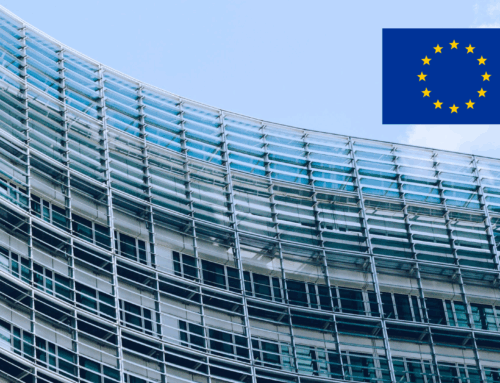The new EU Deforestation Regulation (Regulation (EU) 2023/1115) was published at the beginning of June 2023 and will come into force on December 30, 2024. We briefly summarize here which companies are affected and what action is required.

Every year, around 13 million hectares of forest disappear worldwide. The high consumption of EU citizens contributes its share. The new deforestation regulation is an attempt to curb this development. (Image source: Pixabay)
Basically, all companies that trade in, produce, or import or export one or more of the following raw materials to or from the EU are affected by the new Deforestation Regulation:
- Wood
- coffee
- soy
- cocoa
- coffee
- Beef
- Oil palms
- rubber
- Products made from the raw materials listed in Annex I of the Regulation.
For the extraction of the raw materials mentioned, large areas of forest are cleared worldwide and converted into agricultural land. This development is now to be counteracted by the Deforestation Regulation. From the time the ordinance comes into force, products must be free of deforestation. This means that no new forest areas may be developed for the extraction of the raw material. In addition, harvesting must be sustainable. In addition, the laws of the producing country on forest and nature conservation, human rights and workers’ rights apply.
Documentation requirements for companies
The regulation imposes a number of obligations on the companies concerned. For example, they must collect information, documents and data that can prove that relevant products meet the requirements of the regulation. This is followed by a risk assessment. Only if there is no risk or a negligible risk of violation of the requirements may the product be traded. The duty of care also includes annual checks of this information.
Simplifications are provided for small and medium-sized enterprises.
Source: Regulation (EU) 2023/1115, noerr.com (german)





